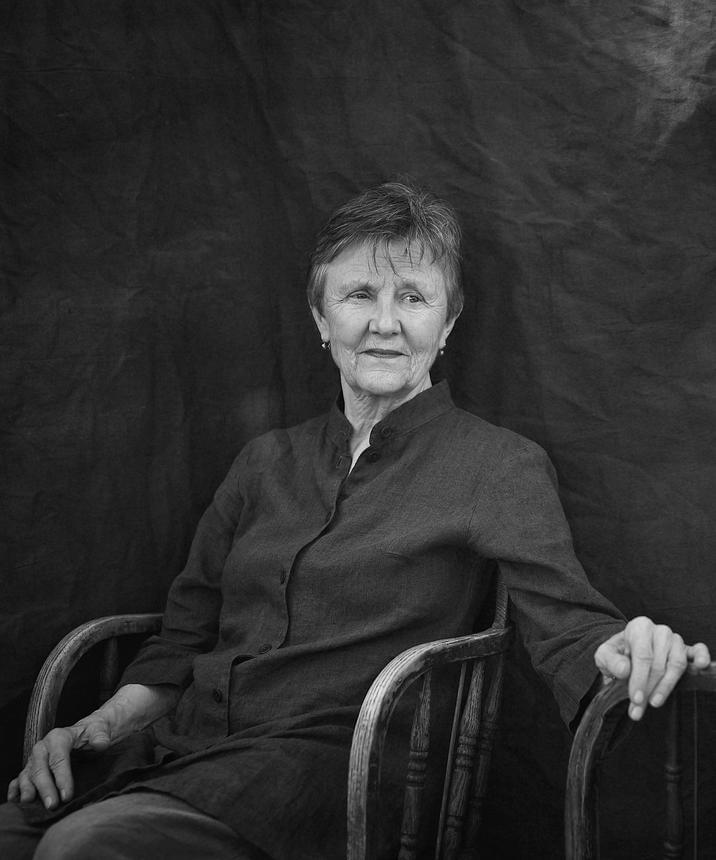How to End a Story: Diaries 1995–1998
Diaries, Book Three
Helen Garner
Helen Garner’s third volume of diaries is an account of a woman fighting to hold on to a marriage that is disintegrating around her.
Living with a powerfully ambitious writer who is consumed by his work, and trying to find a place for her own spirit to thrive, she rails against the confines. At the same time she is desperate to find the truth in their relationship – and the truth of her own self.
This is a harrowing story, a portrait of the messy, painful, dark side of love lost, of betrayal and sadness and the sheer force of a woman’s anger. But it is also a story of resilience and strength, strewn with sharp insight, moments of joy and hope, the immutable ties of motherhood and the regenerative power of a room of one’s own.
INTERVIEWS and REVIEWS
ABC Radio Melbourne: Songs and Stories
ABC Radio National: Life Matters
Australian Book Review
Australian Book Review podcast
Chat 10 Looks 3
Cheltenham Literary Festival: Helen Garner in conversation with Beejay Silcox
First Time podcast
Guardian: I always liked my diary better than anything else I wrote
Guardian: The 25 best Australian books of 2021
Happy Mag: Best New Books
InDaily
InDaily: Eight of the best: the year in books
Kill Your Darlings: Books Roundup
Law Society Journal
Monthly: Lockdown Diaries ($)
Monthly: Both Barrels ($)
Overland
andHow to End a Story
‘The ordinary in these diaries—the daily, the diurnal, the stumbled-upon, the breathing in and out—is turned into something else through the writer’s extraordinary craft.’
‘Helen Garner is one of the lords of language in our midst and something more. She has a poet’s ear, a painter’s eye and she understands profoundly and without self-pity the mystery of the tears in things.’
‘The spirituality of these diaries is worth a library of high-minded theology…Their acuity is ultimately healing. You will leave with the impression that you have not so much been looking at Garner’s life as at life itself.’
‘Candid and flawless, as we’ve come to expect from Garner.’
‘A tremendous feat [with] a bloodcurdling credibility…How to End a Story is further evidence that Garner is a diarist of genius and the intimacies and intensities will long outlast the sorrows that engendered them. It is a book of wisdom in the face of every folly.’
‘The true gratifications of How to End a Story exist in a woman’s slow, tentative unfurling in the wake of a relationship’s collapse.’
‘A devastating yet enlightening look in to the private thoughts and feelings of an incredible woman. It is a privilege to read.’
‘Compellingly propulsive…While this volume is rich in small human moments and intimate reflections on being a writer…the central drama gives How to End a Story the quality of a novel.’
‘Brilliant.’
‘As propulsive as the most addictive page-turner and as exquisitely rendered as [Garner’s] novels and short stories…Garner’s diaries are expertly paced and arranged, as much outward-looking as inward, and as attuned to the quotidian as to the profound.’
‘Garner is often lauded for her unflinching gaze and unsparing prose. But in this latest volume of her diaries her command of concealment is a masterclass.’
‘A shockingly relatable account of a woman trying to chip out a space to live and work…No-one today would question Garner’s significance, her intellectual heft, her bankability or her right to the prodigious space she occupies in Australian letters…A monumental achievement.’
‘How to End a Story is a plunge into the abyss as the artist and the woman desperately tries to keep her marriage, her sanity and her artistic vision alive…Few Australian writers are as cherished as Helen Garner.’
‘The most formidable book of excerpts from [Garner’s] diaries so far, a devastating portrait of the breakdown of a marriage and not least of the narrator: a staggering achievement.’
‘An inspiring and thought-provoking collection that runs the gamut of human emotion.’
‘Garner’s passion, clarity, forensic observation and humour are well in evidence.’
‘The first two volumes of Garner’s diaries offer, as one of their chief pleasures, the feeling of time as it passes. They are full of small occasions, glancing insights, a slowly accumulating drift of actions and consequences. This one is different. This one is as compelling as a detective story. This one is edited with the sense of an ending….At times, reading this diary, you feel like a spy. At times you feel like a friend. At times you feel like a judge.’

 HardbackISBN: 97819224581792 November 2021
HardbackISBN: 97819224581792 November 2021
















